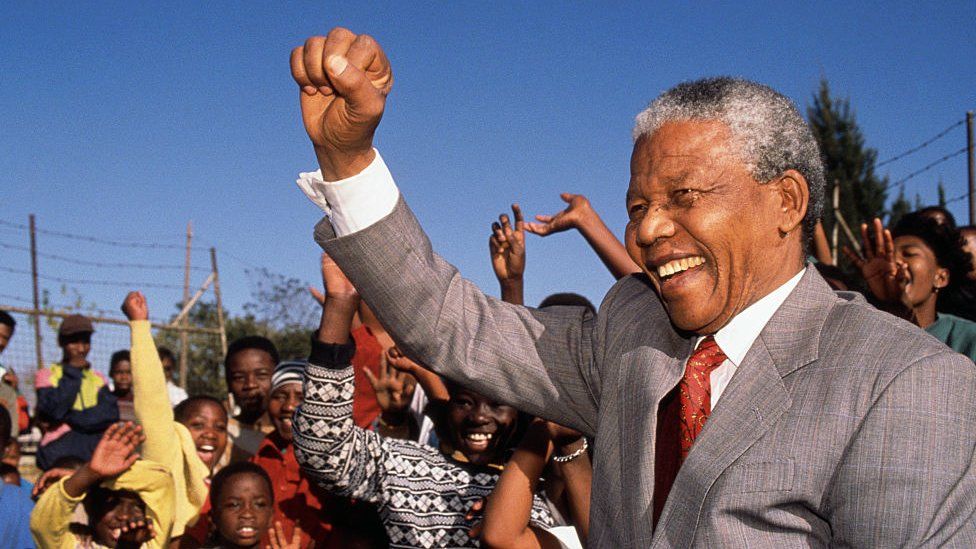-

-
-
Loading

Loading

"I have conflicting feelings towards the old man," says 26-year-old Sihle Lonzi of Nelson Mandela on the 10th anniversary of the former South African president's death. Lonzi, who leads the student faction of South Africa's third largest political party, the Economic Freedom Fighters (EFF), represents a generation that grew up after the end of apartheid in 1994. Unlike previous generations, Lonzi and his peers have been re-evaluating Mandela's legacy without the nostalgia associated with the liberation struggle. While Mandela is widely recognized as one of the most influential figures in history for his leadership against apartheid, his 27-year imprisonment, and his role as South Africa's first democratically elected president, Lonzi argues that Mandela failed to secure economic freedom for the people. Lonzi does not label him as a "sell-out" but believes that Mandela compromised too much during negotiations with the white-minority government, particularly concerning land and wealth distribution. As a result, South Africa remains one of the most unequal countries in the world, with 10% of the population owning over 80% of the wealth. Lonzi believes that the economy is heavily weighted against his generation, especially black people. On the other hand, Anita Dywaba, a 24-year-old United Nations Foundation Next Generation Fellow, does not blame Mandela for South Africa's current situation. Despite the contested nature of Mandela's legacy among Gen Z, she admires his sacrifices and acknowledges the impact of her mother's involvement in the liberation struggle on her perception of Mandela. Mzobanzi Nkwentsha, a leader of the ANC youth wing, also defends Mandela's legacy, highlighting his achievements in education, housing, and social grants for the financially needy. Nkwentsha argues that compromising during negotiations with the apartheid regime was necessary to prevent a civil war. While Lonzi believes that Mandela's aura has expired and will not influence Gen Z voters in the upcoming general election, older voters may still be swayed by it. Critics claim that corruption in South Africa began during Mandela's presidency, and there were instances where he turned a blind eye to it. Despite the mixed feelings and criticisms among Gen Z towards Mandela's legacy, Mathabo Mahlo, a 24-year-old master's student, still believes that he brings hope and that positive change is possible for South Africa.